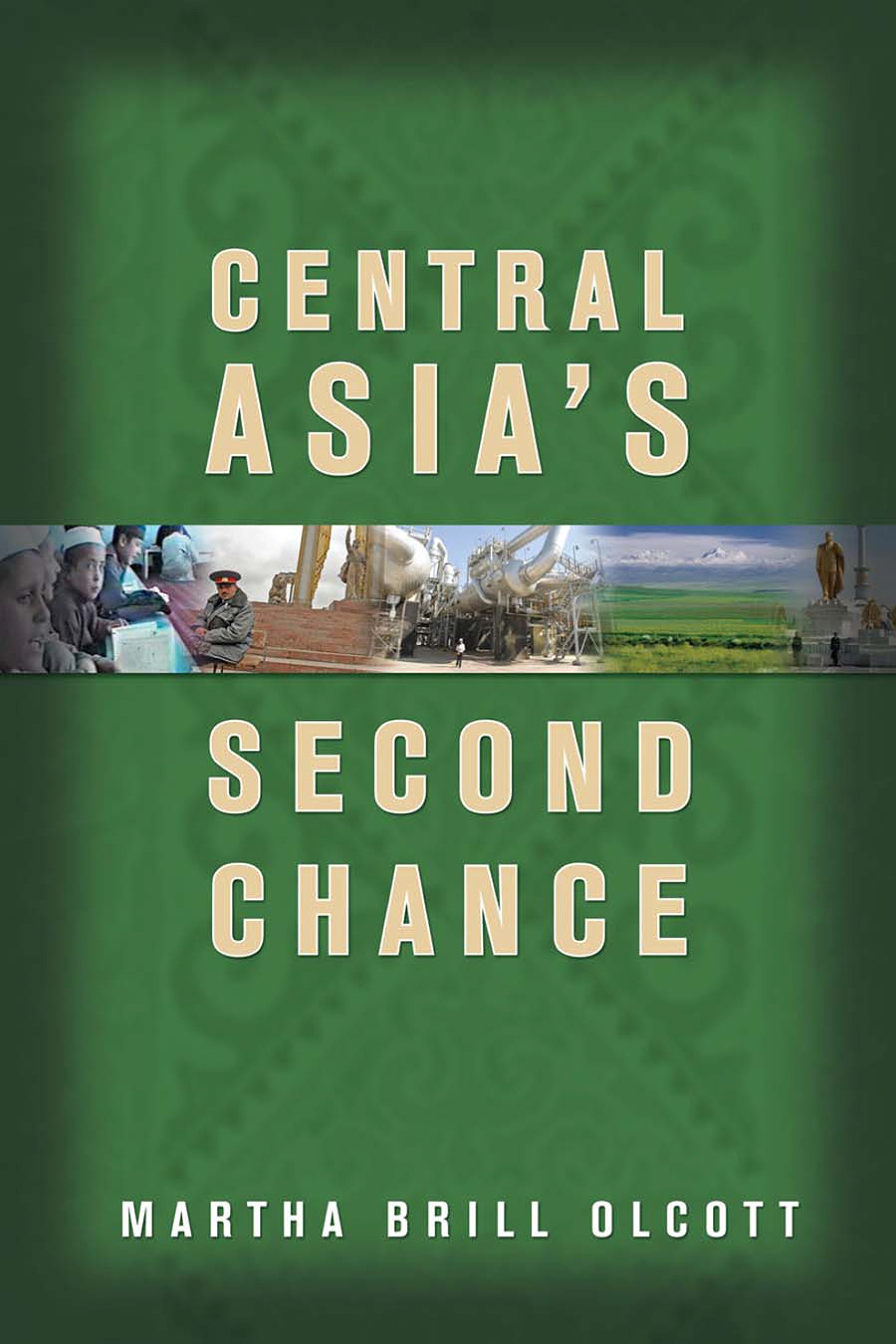

The complex history and significance of Central Asia has long attracted the attention of scholars and political decision-makers. In her book, Central Asia's Second Chance, Olcott Martha Brill sheds light on the region's past, present and future from a new perspective. As someone who has always been fascinated by this part of the world, I was enthralled by this comprehensive exploration. The historical background of Central Asia shapes its present reality and Brill unravels this intricate web masterfully. She takes the reader back to the time of the Silk Road and illuminates the region's crucial role as a cultural and economic center linking East and West. Moving from the past to the present, Brill presents an in-depth analysis of the challenges facing Central Asian countries in their quest for stability, development and regional cooperation. With a keen eye for detail, she examines issues such as authoritarianism, corruption, economic inequalities and ethnic tensions. Rather than portraying Central Asia as a stagnant region, Brill sheds light on the immense potential and opportunities that lie within. Her optimistic approach encourages readers to look beyond the challenges and envision a better future for the people of Central Asia. Central Asia's strategic location has made it a focus of interest for various external powers. Brill astutely examines the influence of global actors such as Russia, China and the United States in the region. She offers nuanced insights into their geopolitical motivations, economic interests and power dynamics. While the author recognizes the complexity of these relationships, she avoids simplistic depictions and challenges readers to think critically about the implications for the future of Central Asia. Her analysis serves as a wake-up call for policymakers and diplomats alike, urging them to take a balanced and inclusive approach. Central Asia's Second Chance is a must-read for anyone seeking a comprehensive understanding of Central Asia's history, challenges and potential.
Szabolcs Veres is a researcher at the Eurasia Center